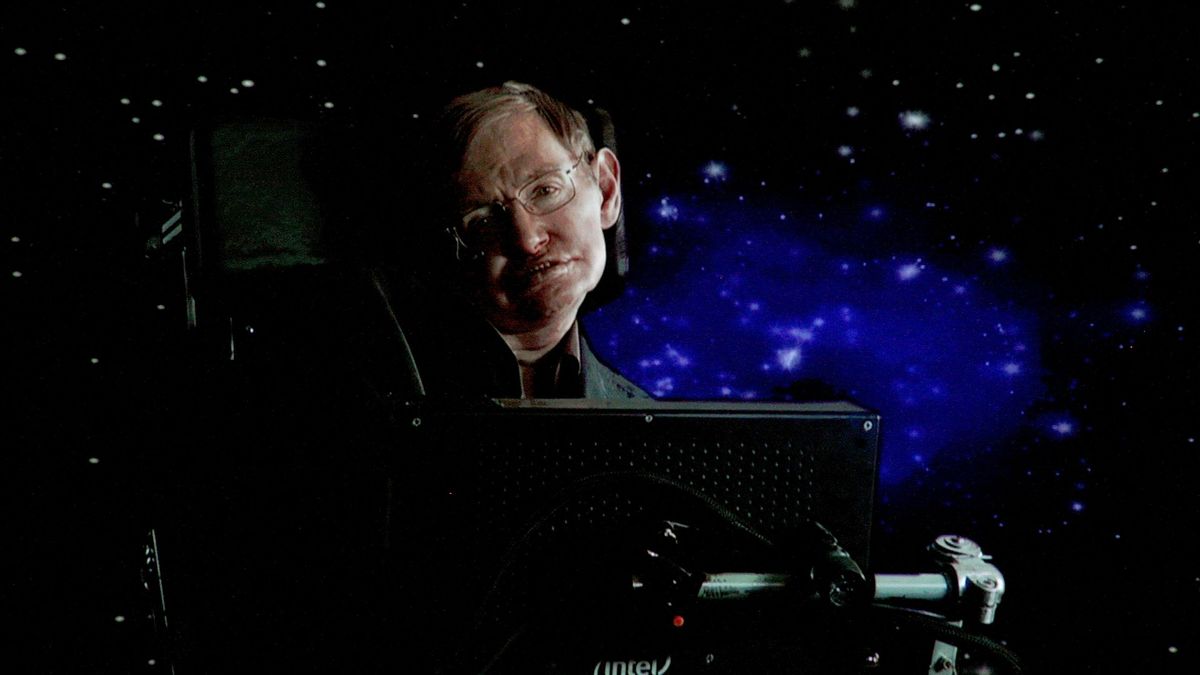What were Stephen Hawking's greatest contributions to science?

```html
The Enduring Legacy of Stephen Hawking: A Journey to the Limits of Gravity
Unraveling the Mysteries of Singularities and Black Holes
Stephen Hawking, a name synonymous with brilliance and perseverance, pushed the boundaries of our understanding of gravity, leaving an indelible mark on the world of physics. His research career, spanning over four decades and encompassing over 200 academic papers, focused on the extreme environments of black holes and the cosmos.
In the 1960s, Hawking began his exploration of singularities, taking Roger Penrose's work on singularity existence in general relativity and expanding it to encompass the universe as a whole. He demonstrated that, according to our models of cosmic evolution, the Big Bang itself originated from a singularity – a point of infinite density.
Delving further into the enigmatic nature of black holes, Hawking made a groundbreaking discovery: they aren't entirely black! By ingeniously combining general relativity with quantum mechanics, he revealed that black holes emit a faint radiation, implying their eventual evaporation and disappearance. This revelation revolutionized our understanding of these celestial behemoths.
Black Hole Thermodynamics and the Dance of Entropy
Hawking's insights into black hole radiation led him to formulate the laws of black hole thermodynamics, mirroring classical thermodynamics but applied to these gravitational giants. This groundbreaking work suggested a profound connection between heat, energy, entropy, and the very nature of gravity.
Cosmic Inflation and the Earliest Moments of the Universe
Hawking also made significant contributions to our understanding of cosmic inflation. Building upon Alan Guth's initial concept of rapid early universe expansion, Hawking refined and solidified it into a robust cosmological theory. His exploration extended to the universe's earliest moments, probing the very concept of a "beginning" and its implications within the framework of quantum mechanics.
Spacetime, Wormholes, and the Chronology Protection Conjecture
Fascinated by the interplay of space, time, and quantum mechanics, Hawking dedicated years to investigating wormholes – theoretical shortcuts through spacetime. His research led him to propose the chronology protection conjecture, suggesting that time travel to the past is impossible as it would violate established causality.
A Quantum Leap in Understanding Gravity
Unlike many of his peers, Hawking wasn't primarily focused on developing a "theory of everything." His concentration remained on the nature of gravity itself. However, his work on the quantum aspects of gravity resonated throughout the physics community. Any prospective "theory of everything" must address the puzzles posed by Hawking radiation and the intricacies of cosmic inflation. His research opened new pathways towards unifying quantum mechanics and gravity, a pursuit that continues to inspire researchers today.
A Legacy of Scientific Achievement and Public Engagement
Hawking's contributions to cosmology and black hole physics would have undoubtedly made him a strong contender for Nobel Prizes, further cementing his place among the greatest scientific minds.
Beyond his scientific achievements, Hawking was a gifted science communicator. His book, "A Brief History of Time," captivated a global audience, introducing complex concepts to millions and solidifying his status as a cultural icon.
Stephen Hawking's remarkable journey, marked by intellectual curiosity and unwavering determination, leaves an enduring legacy that continues to inspire generations of scientists and enthusiasts alike.